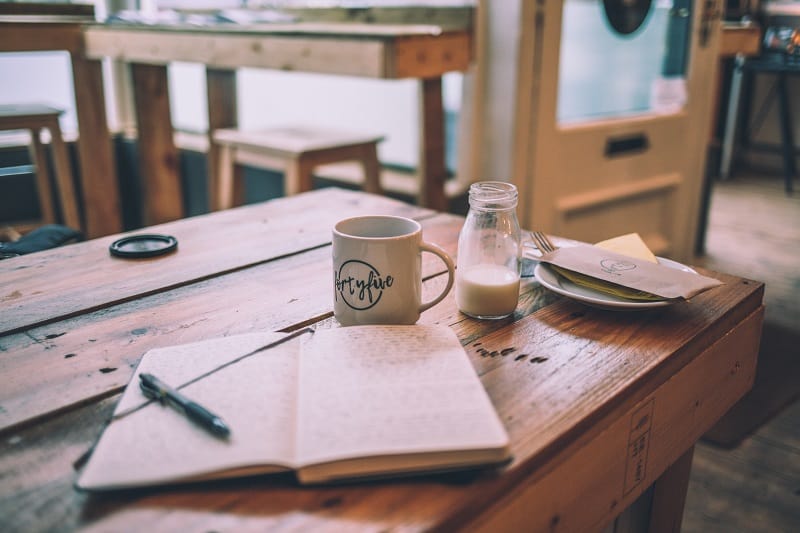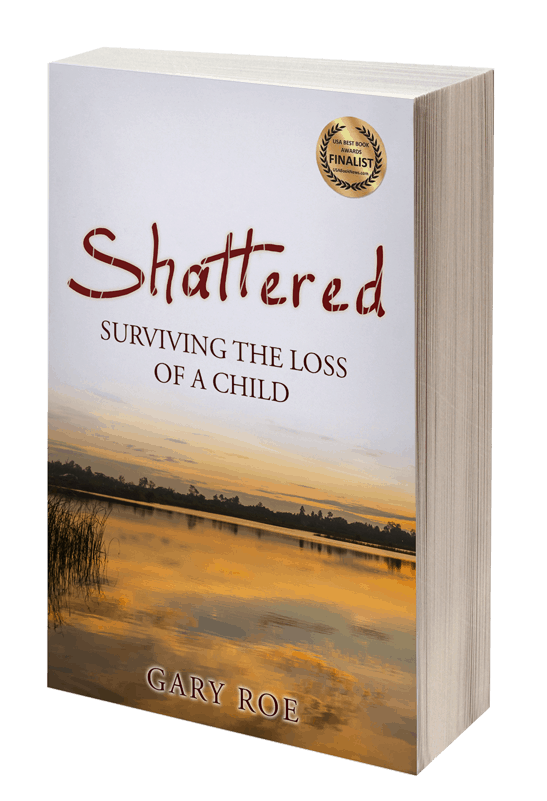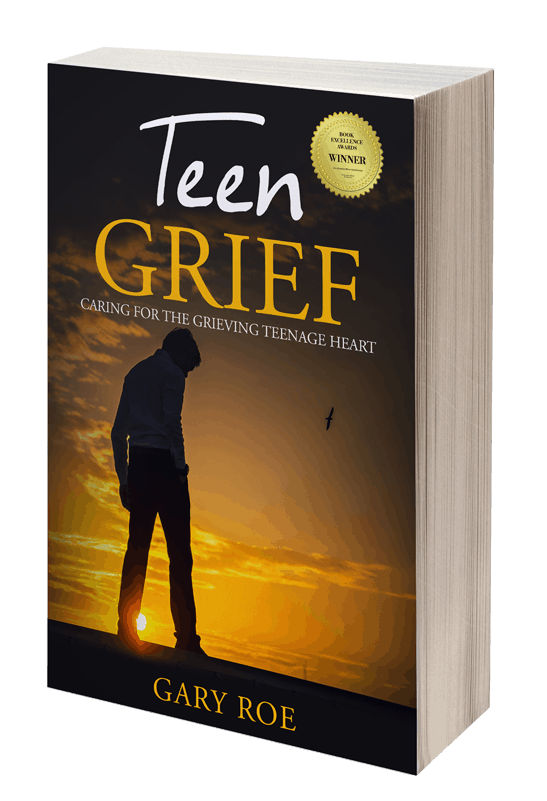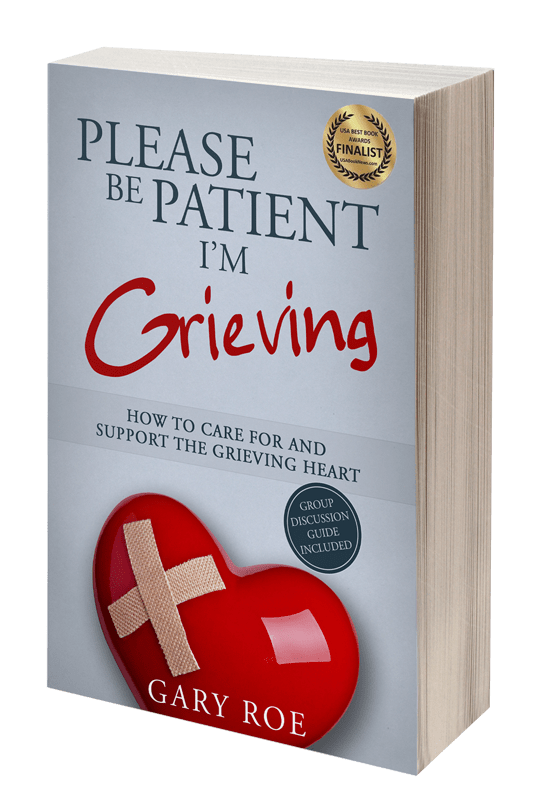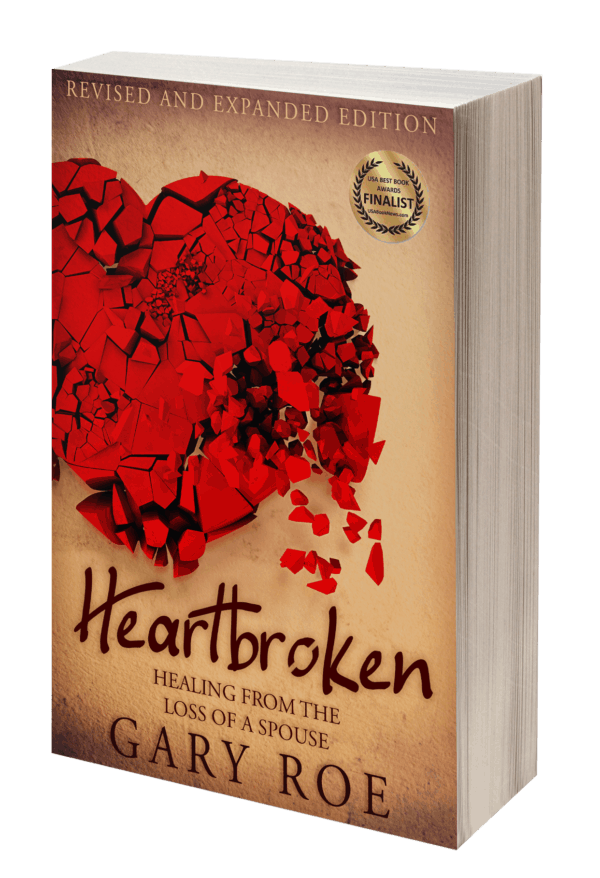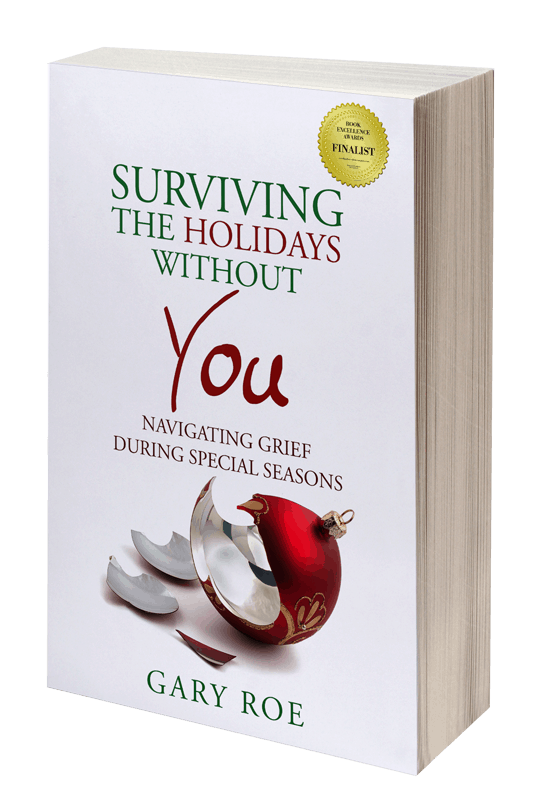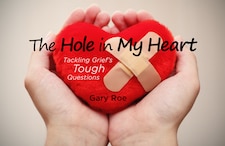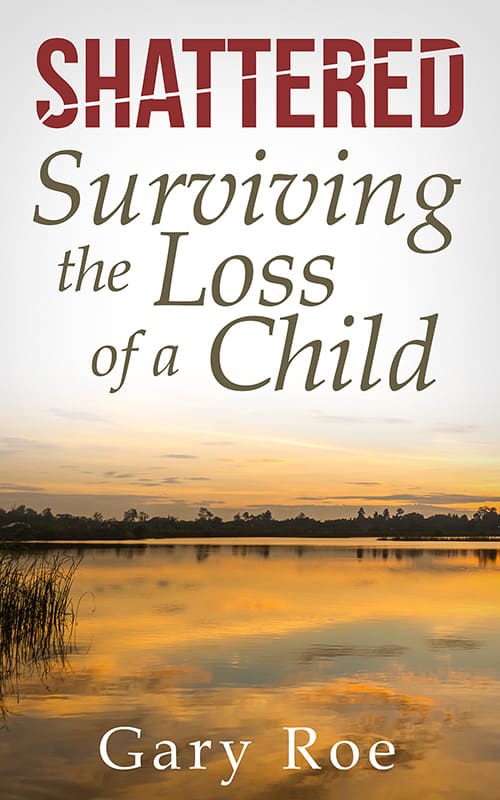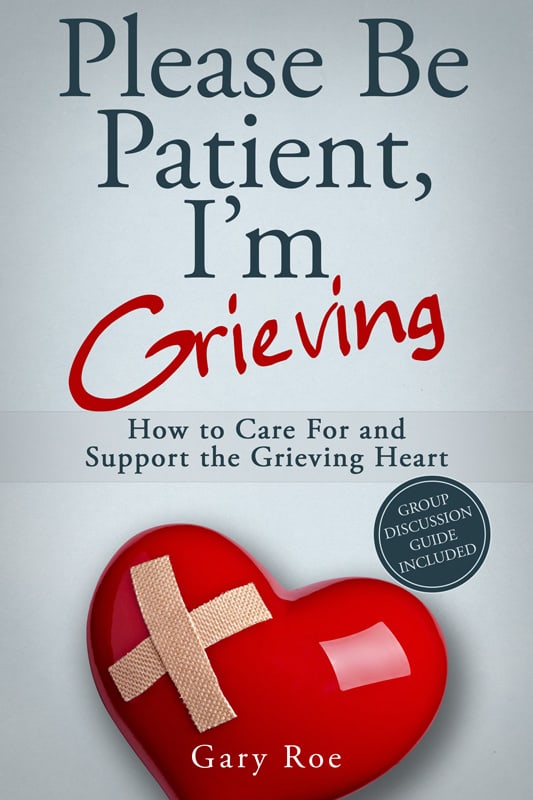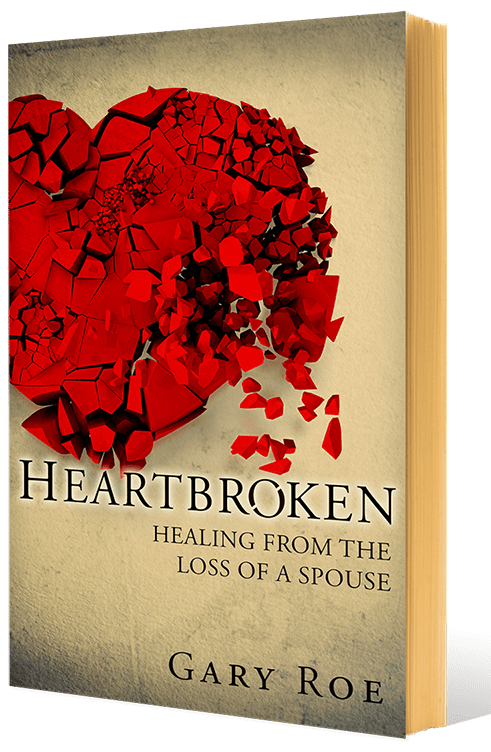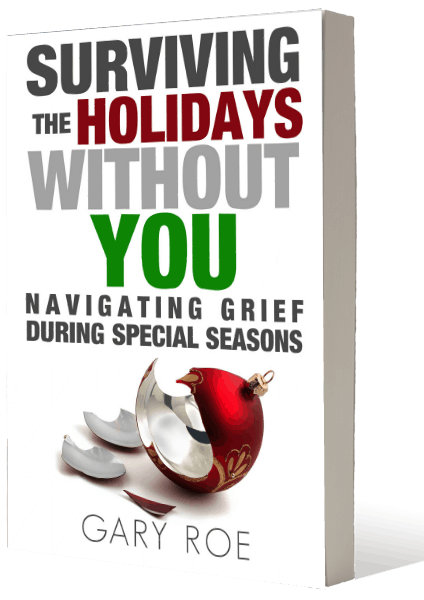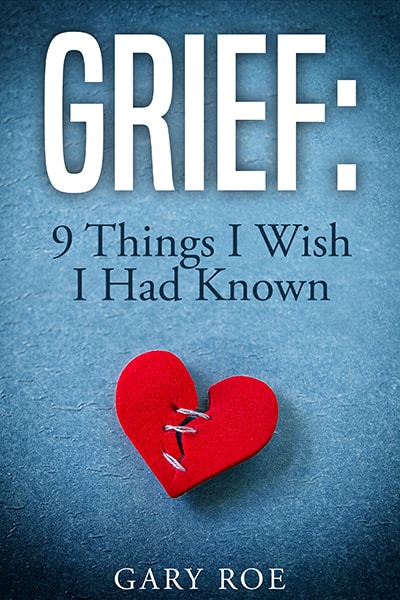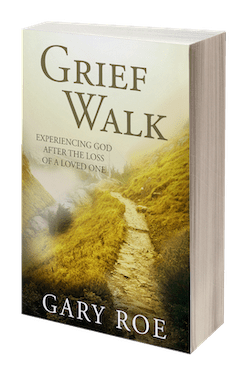We’re made for connection. We’re designed for relationships.
No wonder this hurts.
No wonder our hearts are broken.
No wonder we feel lost sometimes.
The grief journey is hard, hard, hard. How we navigate this journey matters – both to ourselves and to those around us.
In our previous email, we began talking about a simple method for processing our grief: T.W.A.
T. – Talk It Out
W. – Write It Out
A. – Art It Out
Last week, we talked about The Power of Talking It Out.
Talking it out (simply talking out loud to yourself to to someone you trust) is a basic, effective way of getting the grief out. The more we express what’s happening inside us, the better able we are to process what’s going on in our lives. Developing the habit of talking it out helps move us toward acceptance, healing, and growth.
Today, we’ll be talking about The Healing Power of Writing.
What’s so powerful about writing?
Writing slows down our minds and hearts. This helps us get the grief out and express what’s happening inside us more effectively.
Writing not only uses our minds, but also our eyes and hands. If we read what we wrote out loud afterwards, our voices and ears get involved too.
We can write out our thoughts and feelings in a journal, on a notepad, or on a sheet of paper.
We can write letters expressing what we didn’t get to say, what we regret, or what we’re thankful for.
We can write poetry to express our grief and honor our loved one.
We can write down stories and memories that come to mind.
If we’re people of faith, we can adjust whatever we’re writing into prayer, including God in the conversation.
As you can tell, I’m a fan of writing when it comes to healthy grieving. Writing has been huge for me in working through the losses in my life.
Our world moves at blazing speed. Everyday we’re bombarded by innumerable messages, incessant demands, and a lot of noise. Writing takes time. Writing slows us down and gives us the chance to connect with our own minds and hearts. Writing helps separate us from all the craziness for a while. We need that break.
Whether you’re new to writing like this or super-experienced, here’s a simple exercise you can try.
Choose one of the prompts below. Jot it down. Now, write. Complete the sentence and keep writing. Write whatever comes to mind. Try not to censor yourself. Keep writing until you feel finished.
1. “I’m feeling…”
2. “I remember when…”
3. “I need more…”
4. “I need less…”
5. “I miss…”
Go for it.
How was that?
If you’re game for more, try this. Do this same exercise for the next four days – each day using one of the other four prompts above. Complete the sentence. Write whatever comes.
“Well, that was easy. Too easy. I’m not sure it did anything.”
I get it. I’ve wondered the same thing. Then I realized that’s a bit like a very hungry person eating a bite of toast and saying, “That didn’t help any. I’m still famished.”
The grief journey is hard. Emotional. Frustrating. Confusing. Exhausting. Painful. New situations usually demand new skills. In this uncharted wilderness of grief, we need to develop new survival habits.
If at all possible, we want to move through our grief well. Writing it out can help.
Writing helped some writers of the Bible express their grief, pain, and longing:
My eyes have grown dim with grief; my whole frame is but a shadow. (Job 17:7)
Relieve the troubles of my heart and free me from my anguish. (Psalm 25:17)
Be merciful to me, Lord, for I am in distress; my eyes grow weak with sorrow, my soul and body with grief. (Psalm 31:9)
I am feeble and utterly crushed; I groan in anguish of heart. (Psalm 38:8)
My comfort in my suffering is this: Your promise preserves my life. (Psalm 119:50)
My eyes fail, looking for your promise; I say, “When will you comfort me?” (Psalm 119:82)
Writing it out is a great, effective way to express what’s happening inside you. It can be a useful habit in your grief toolbox.
Be kind to yourself today. This is hard.
I’m honored to be on this journey with you.
Question: Have you used writing on your grief journey? How so? What was helpful to you? Feel free to share and comment below.
If you want to learn more about using writing for grief recovery, check out Grieving the Write Way Journal and Workbook. If you’ve lost a sibling, check out Grieving the Write Way for Siblings: A Practical Grief Workbook.
